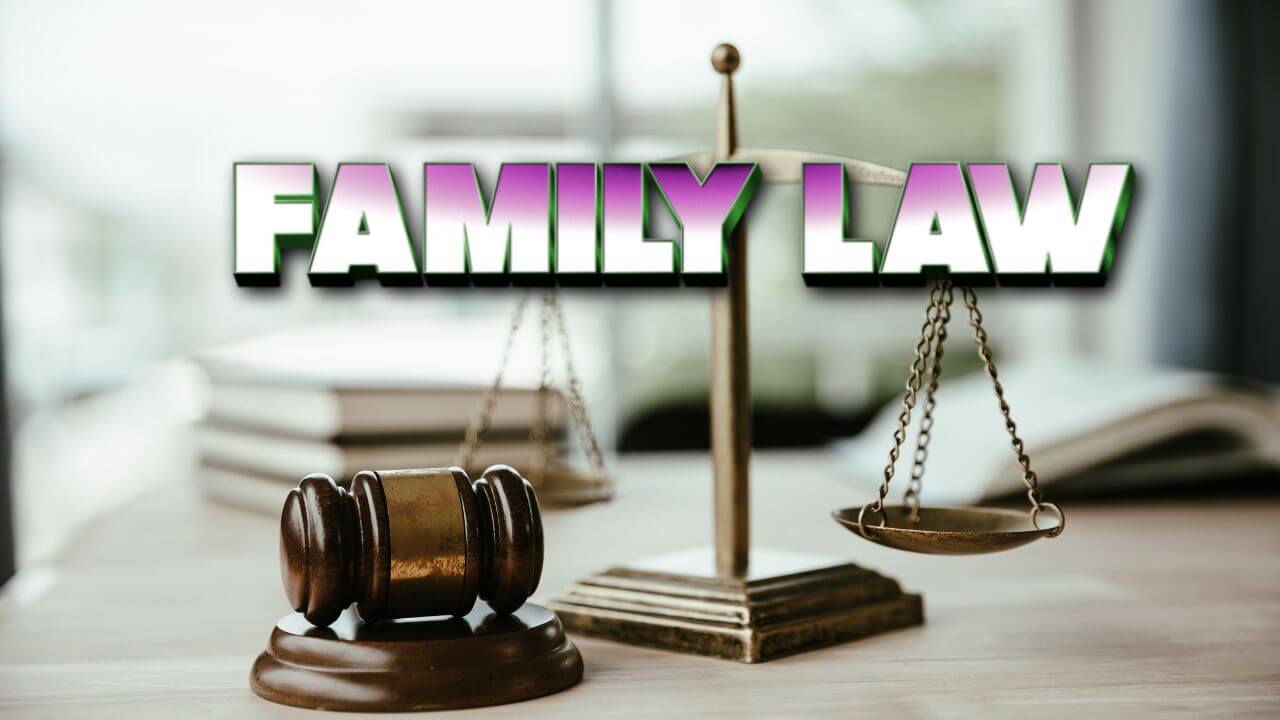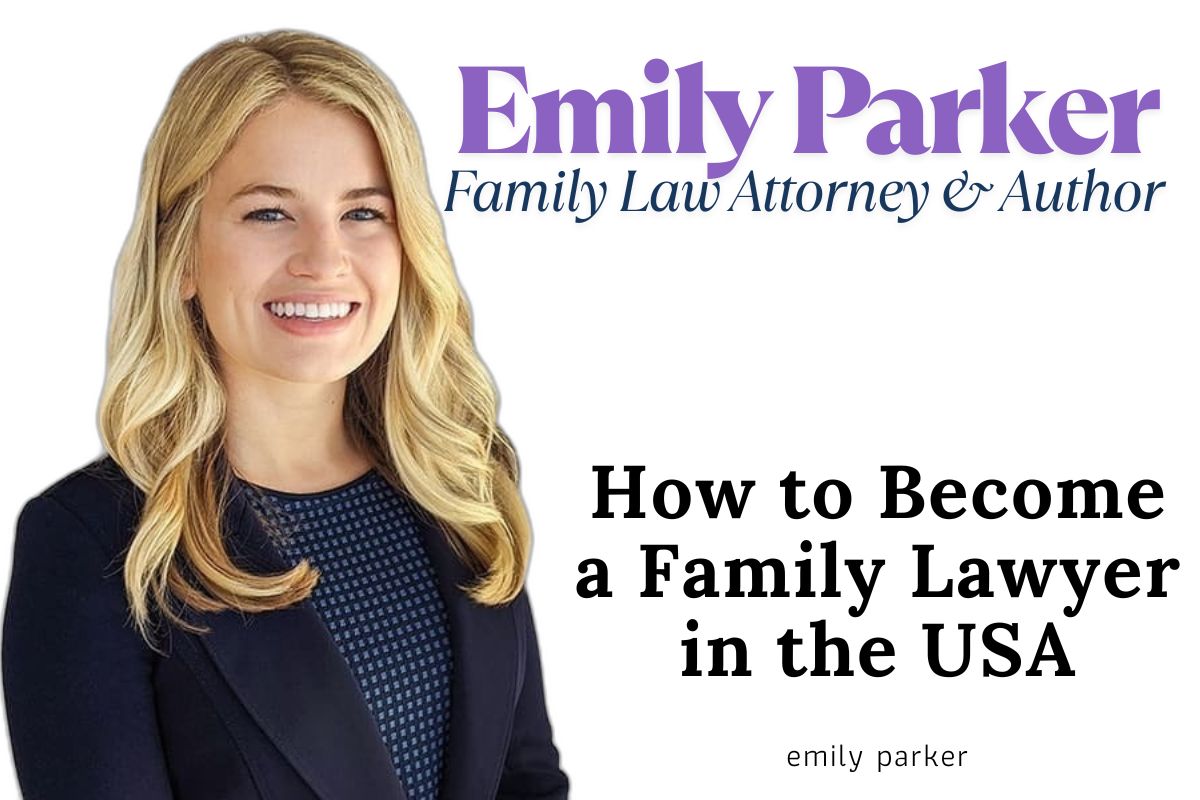What Is Family Law? Breaking Down the Basics
Family law is the legal framework that governs relationships, responsibilities, and rights within families. From marriage and divorce to child custody and domestic violence, it touches some of life’s most personal moments. But what exactly does it cover, and how does it impact you? Let’s explore.
Imagine this: Jen and Mark, a couple married for 12 years, decide to separate. They have two kids, a house, and retirement accounts. Suddenly, questions about custody, property division, and financial support arise. This is where family law steps in—a system designed to resolve conflicts and protect vulnerable parties.
Table of Contents
Key Areas Covered by Family Law
1. Marriage and Prenuptial Agreements
Before saying “I do,” many couples draft prenuptial agreements. These contracts outline how assets will be divided if the marriage ends. While not romantic, they’re practical. According to the American Academy of Matrimonial Lawyers, 62% of attorneys saw increased prenups over the past decade.
2. Divorce and Legal Separation
Divorce isn’t just about ending a marriage; it also involves untangling finances, property, and parenting roles. For example, no-fault divorces (allowed in all 50 states) allow couples to split without proving wrongdoing. However, contested divorces often require court intervention.
3. Child Custody and Support
The #1 priority in custody cases? The child’s best interests. Courts consider factors like parental stability, income, and the child’s preferences (if they’re old enough). Did you know that 22.7% of U.S. children live with one parent, according to the U.S. Census Bureau? Child support ensures both parents contribute financially, with payments based on income and custody time.
4. Adoption and Guardianship
Adoption laws vary by state but generally require home studies, background checks, and court approvals. Take Maria, a foster parent in Texas who adopted her niece after her sister’s passing. Family law streamlined the process, ensuring the child’s safety and legal rights.
5. Domestic Violence and Protective Orders
Family law protects victims of abuse through restraining orders and emergency custody changes. The National Coalition Against Domestic Violence reports that 1 in 4 women and 1 in 9 men experience severe intimate partner violence. Legal remedies
can save lives.
6. Property and Debt Division
In community property states (like California), assets acquired during marriage are split 50/50. Elsewhere, “equitable distribution” applies—fair but not necessarily equal. Hidden debts? Courts assign responsibility based on who incurred them.
7. Paternity and Alimony
Paternity laws establish parental rights for unmarried fathers. Meanwhile, alimony (spousal support) depends on factors like marriage length and earning potential. For instance, a stay-at-home parent might receive temporary payments to re-enter the workforce.
Why Expertise Matters in Family Law Cases
Family law is emotionally charged and legally complex. A misstep in paperwork or a missed deadline can derail your case. As attorney Sarah Mitchell explains, “I’ve seen parents lose custody because they didn’t document their involvement. Details matter.”
Real-Life Example Navigating a High-Conflict Divorce
David and Lisa fought over their business and children for two years. Mediation failed, but a skilled attorney helped them settle, preserving their kids’ college funds and splitting the business fairly.
How to Choose the Right Family Lawyer
- Check Credentials Verify their license and disciplinary history.
- Ask About Experience How many cases like yours have they handled?
- Read Reviews Look for empathy and responsiveness.
Final Thoughts Protecting Your Family’s Future
Family law isn’t just about disputes—it’s about safeguarding relationships and futures. Whether you’re drafting a prenup or fighting for custody, knowledge and expert guidance are your best tools.
Need personalized advice? Consult a licensed family lawyer in your state.
About the Author
Sarah Mitchell is a family law attorney with over a decade of experience in divorce, custody, and adoption cases. She’s a member of the American Bar Association and has been featured in Lawyers Weekly for her advocacy in domestic violence cases.
FAQs About Family Law
Can grandparents get visitation rights?
Yes, in many states, if it’s in the child’s best interest.
How long does a divorce take?
Uncontested divorces take 3–6 months. It has been contested for 1+ years.
What if my ex stops paying child support?
Courts can enforce payments through wage garnishment or license suspension.



